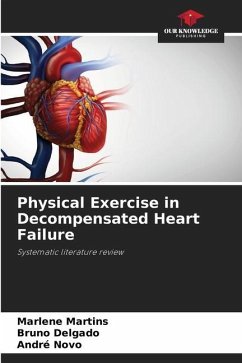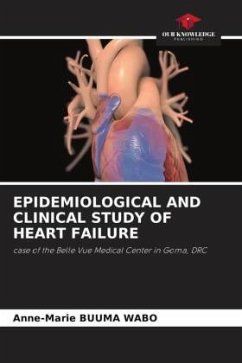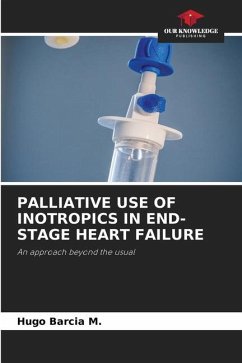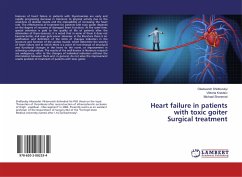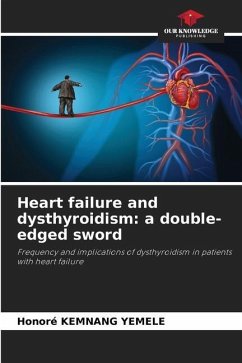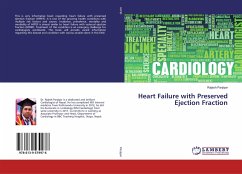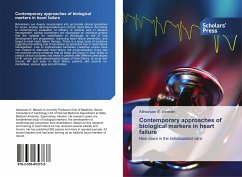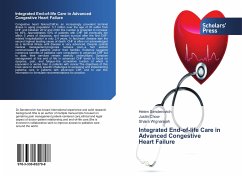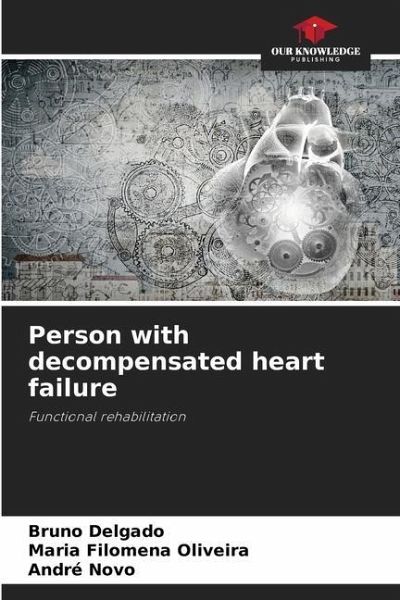
Person with decompensated heart failure
Functional rehabilitation
Versandkostenfrei!
Versandfertig in 6-10 Tagen
47,99 €
inkl. MwSt.

PAYBACK Punkte
24 °P sammeln!
Heart failure is characterized, from a functional point of view, as a pathology that causes limitations in the performance of activities of daily living and consequent loss of functional and instrumental autonomy, due to its classic symptoms such as dyspnea, edema, easy fatigue and intolerance to activity. This symptomatology leads to the patient becoming progressively dependent and seeking inactivity as a way to preserve energy and avoid symptoms.It is now known that physical exercise is beneficial and safe when applied according to the characteristics of the patient and their clinical condit...
Heart failure is characterized, from a functional point of view, as a pathology that causes limitations in the performance of activities of daily living and consequent loss of functional and instrumental autonomy, due to its classic symptoms such as dyspnea, edema, easy fatigue and intolerance to activity. This symptomatology leads to the patient becoming progressively dependent and seeking inactivity as a way to preserve energy and avoid symptoms.It is now known that physical exercise is beneficial and safe when applied according to the characteristics of the patient and their clinical condition, even in the stabilization phase of the acute phase of their pathology.The objectives of this study were to identify the variables that promote a better response to physical exercise in patients in the acute phase and to determine whether structured and supervised physical exercise in the acute phase allows patients to improve their resistance to exercise and consequently improve their physical condition and performance in activities of daily living.



